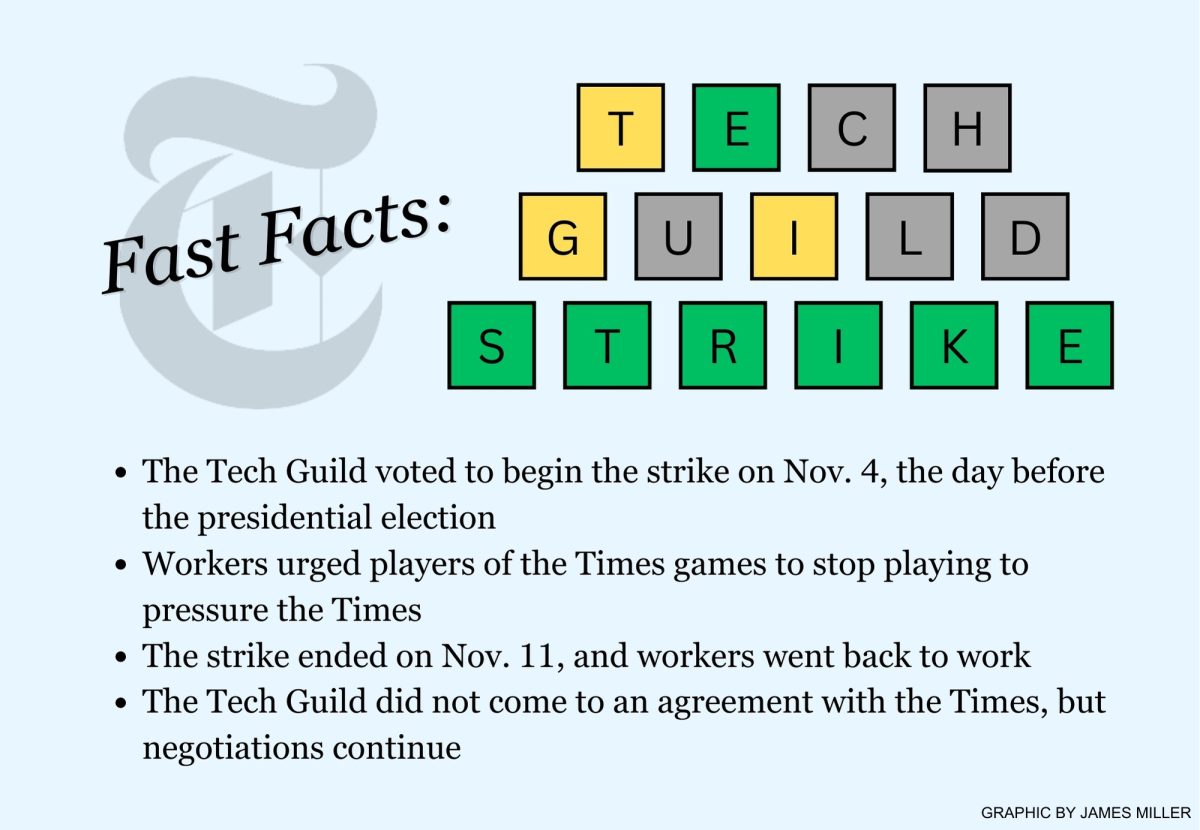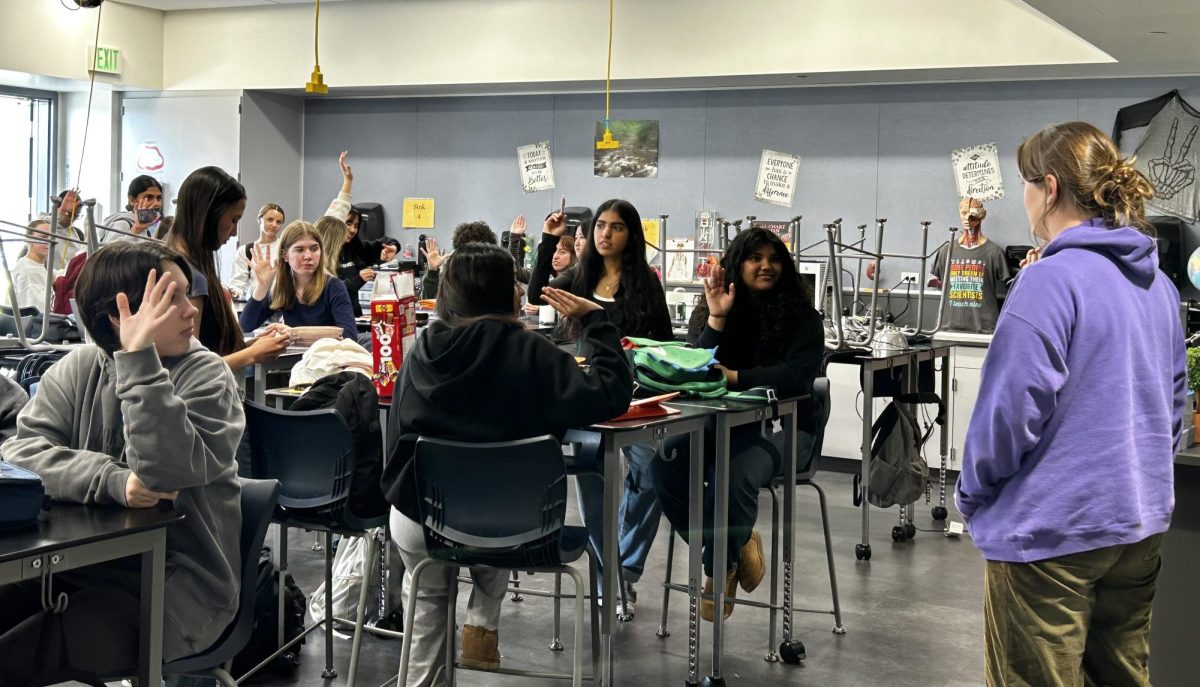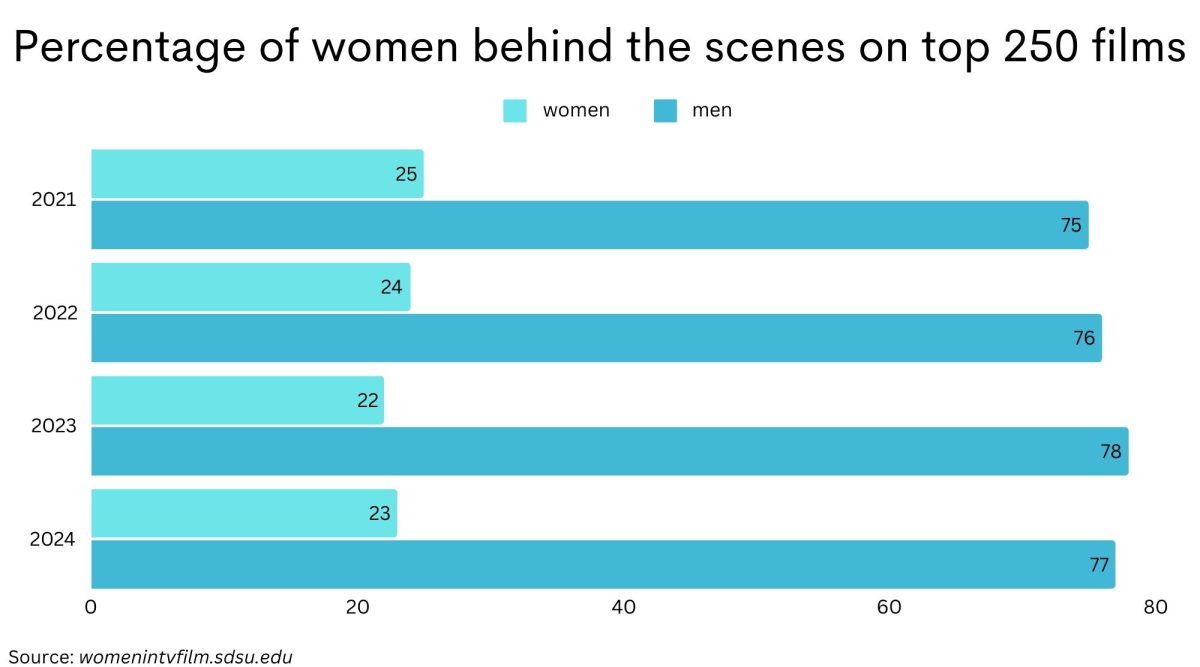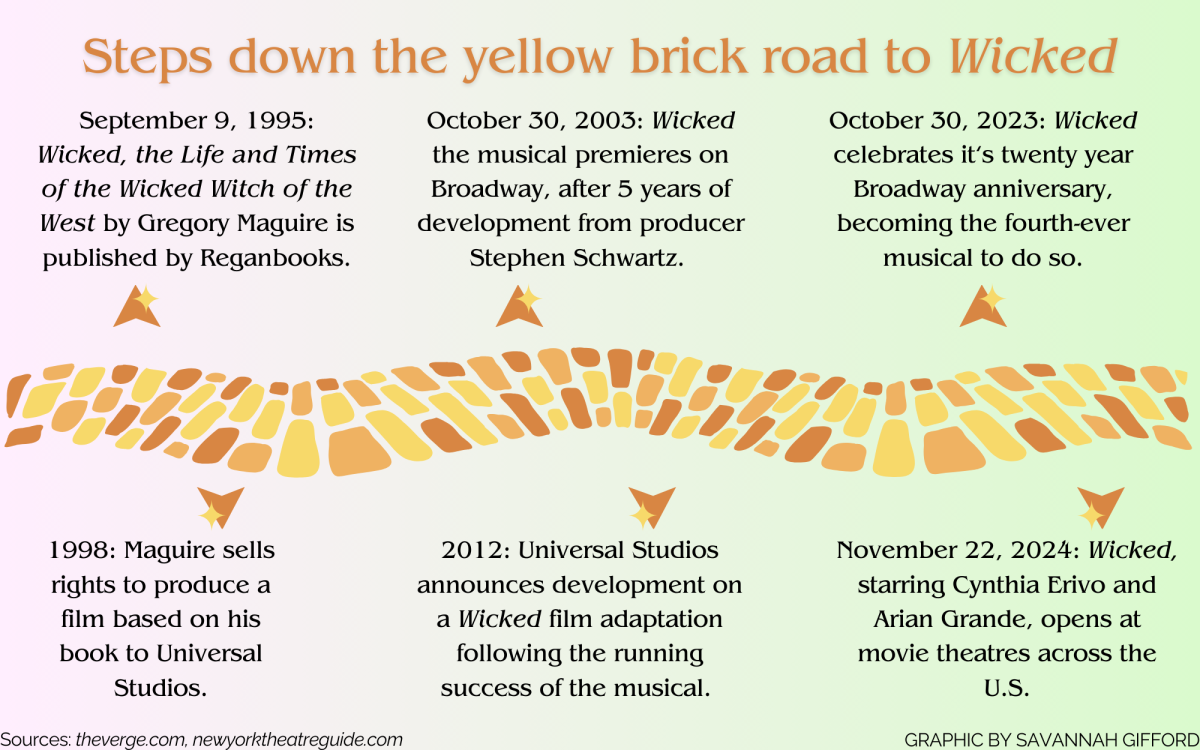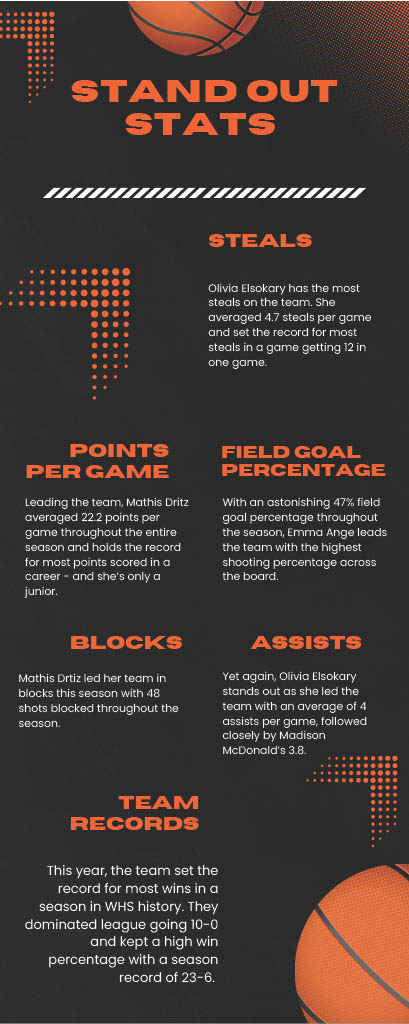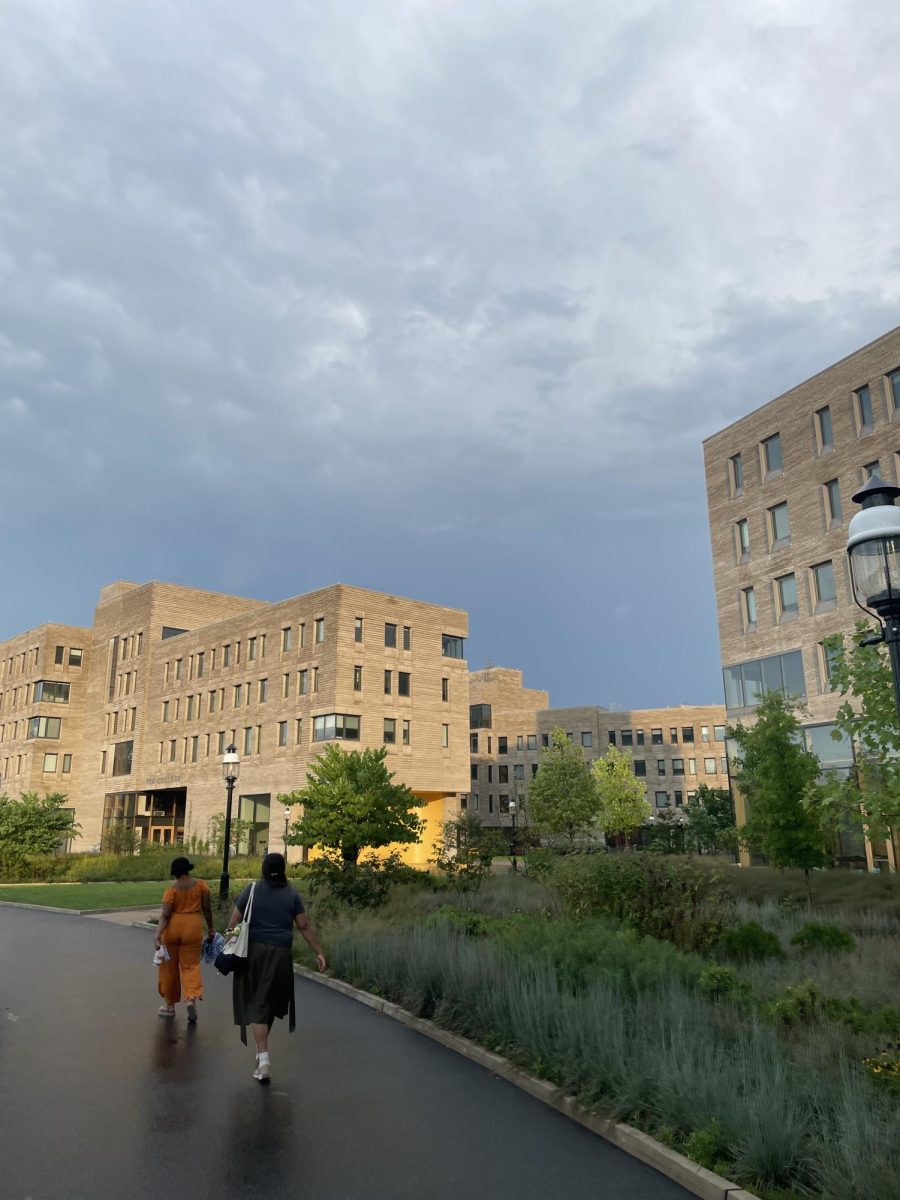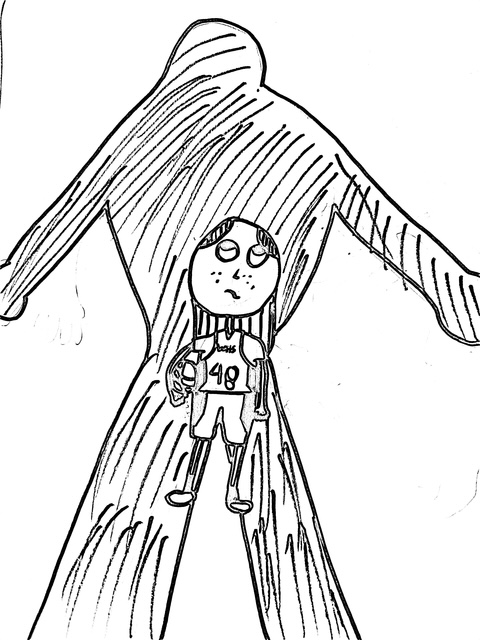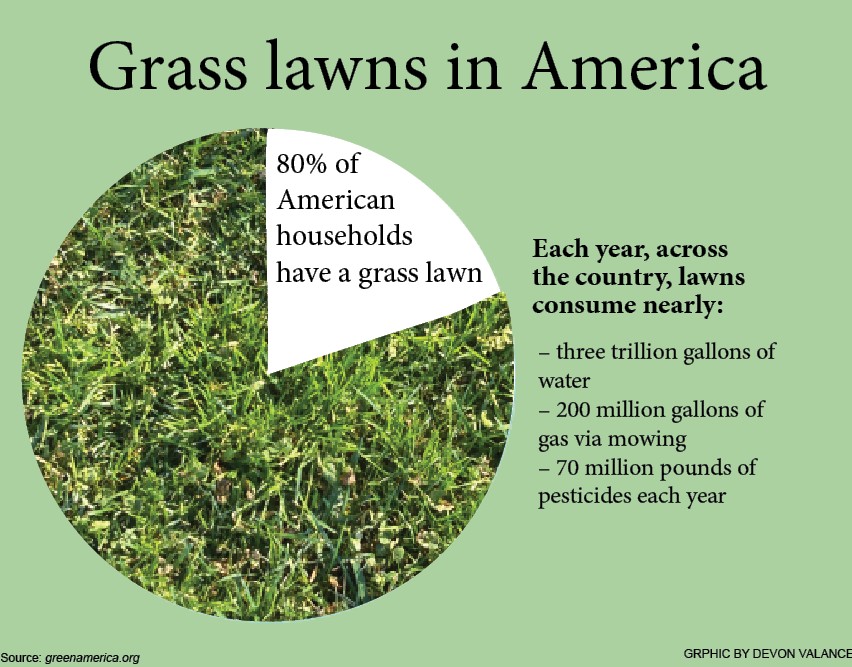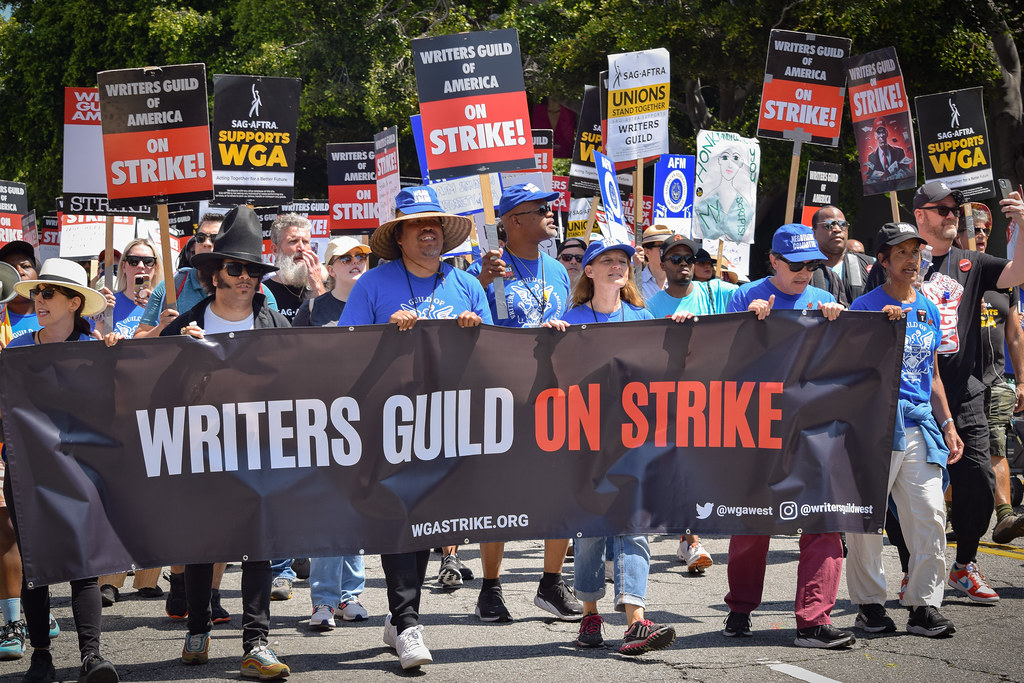The Writer’s Guild of America announced their active strike on May 2, 2023. Only now has it ended on Sept. 27, 2023 with writers having negotiated a deal from the Alliance of Motion Picture and Television Producers and film studios.
“I think it turned out positive,” said film–savvy WHS student Matthew Pincus ‘24. “They struck a deal with AMPTP and all the studios, and it was a fair deal.”
The writers strike has heavily impacted Hollywood’s stream of income, having cost up to $175 million per week, according to an estimate by Dana Feldman on forbes.com. Historically, the strike has been the second longest in Hollywood history after 146 days of labor stoppage. Many worried about the outcome of this strike due to the television and movies it could delay or even end entirely.
“[I] probably [watch television and movies] 4-5 times a week” said Benjamin Bateman ‘25. “If I have nothing else to do, it’s video games or that.”
The strike also indirectly caused many businesses affected to worry about their steady flow of income.
“Now that there were less people in the industry working … less people were going to restaurants, [and] less people were paying for clothes and food … because they were not earning money” said Pincus.
With new deals in place, minimum rates are to be increased along the course of three years, allowing writers to earn more money.
“It should not be the standard or the status quo that someone [who] has a job is working and still unable to make their rent,” said actress Uzo Aduba of Orange is the New Black in an interview with The Washington Post mid–strike.
The writers have also gotten improved pay in terms of residuals too; writers now gain continuous payments proportional to view counts. With the arrival of streaming services, residuals have received much greater attention through the WGA as well as the Screen Actor’s Guild whose strike is still ongoing as of Oct. 3, 2023.
“I feel like residuals can help,” said Pincus. “They can help writers do what they want to do while receiving a steady stream of income.”
Writers now, due to the WGA contract, have a greater payment from studios and AMPTP. Despite this, the SAG strike continues.
“Unions in general are a good thing, and a union showing its power every once in a while is a good reminder to producers that they can’t just use their workers at their own whim,” said Bateman.
The strike has great impact even outside of itself, Pincus argues. He believes that many other professions on the verge of strike will now follow in the WGA’s footsteps because of the positive outcome the WGA union achieved with AMPTP and studios.
“They stood out there for a while,” said Pincus. “Longer than most strikes really go on, and it was a success I’d say.”



